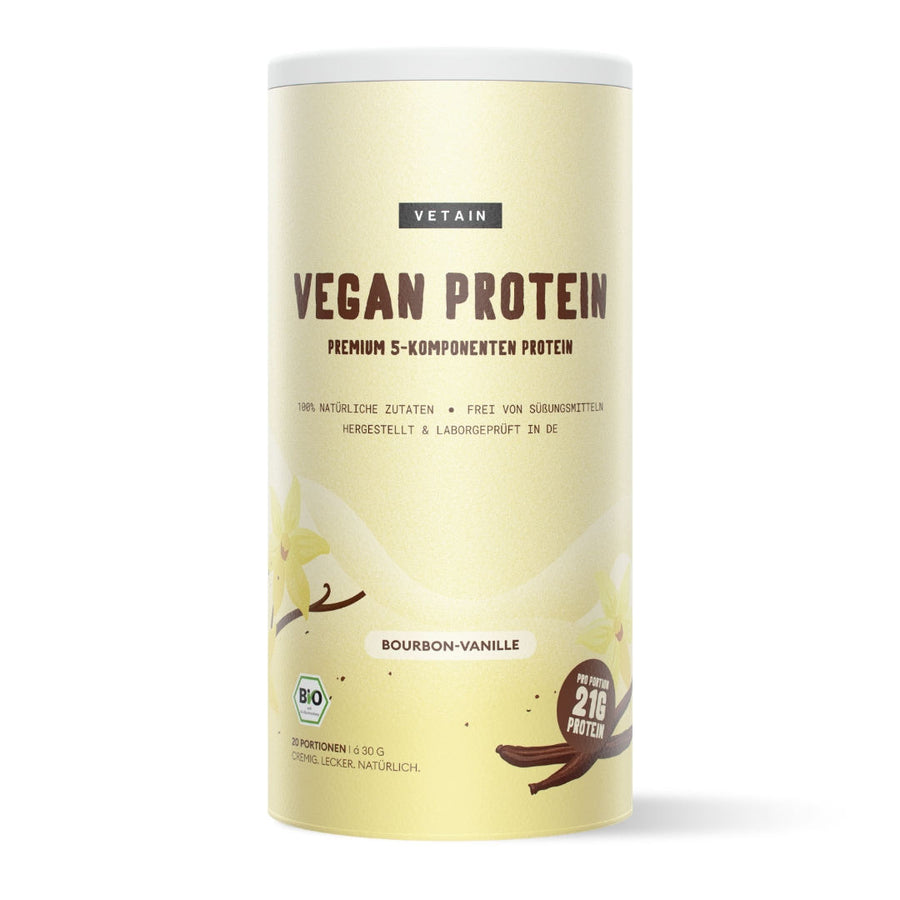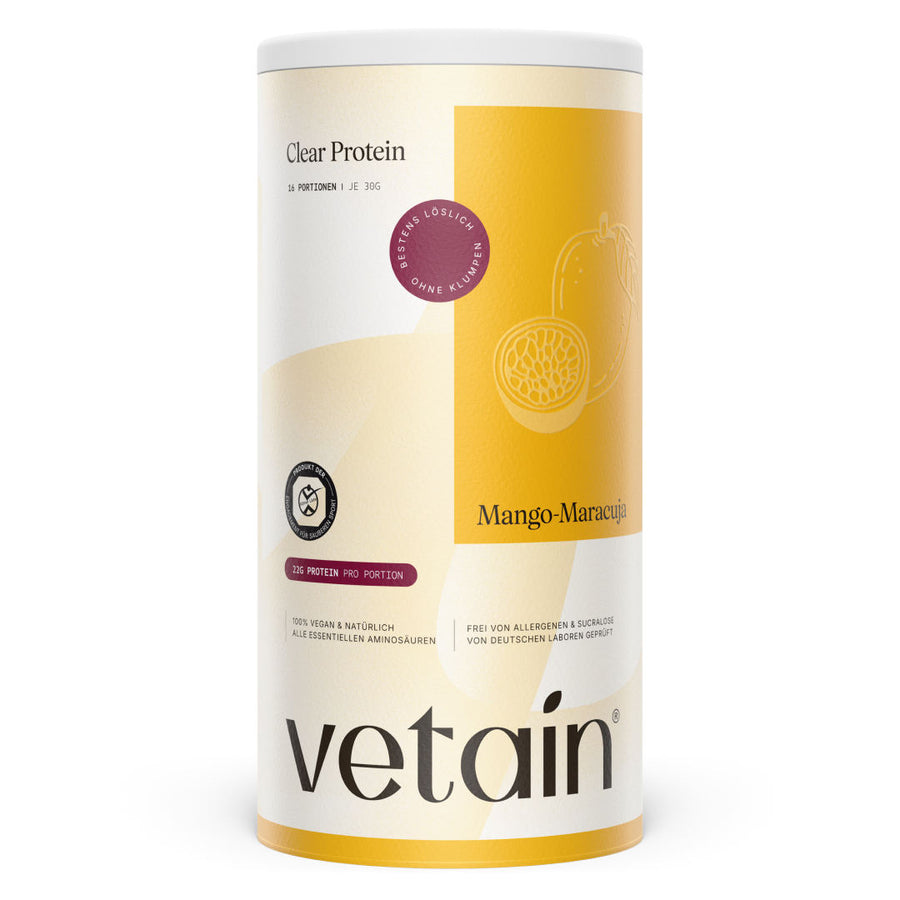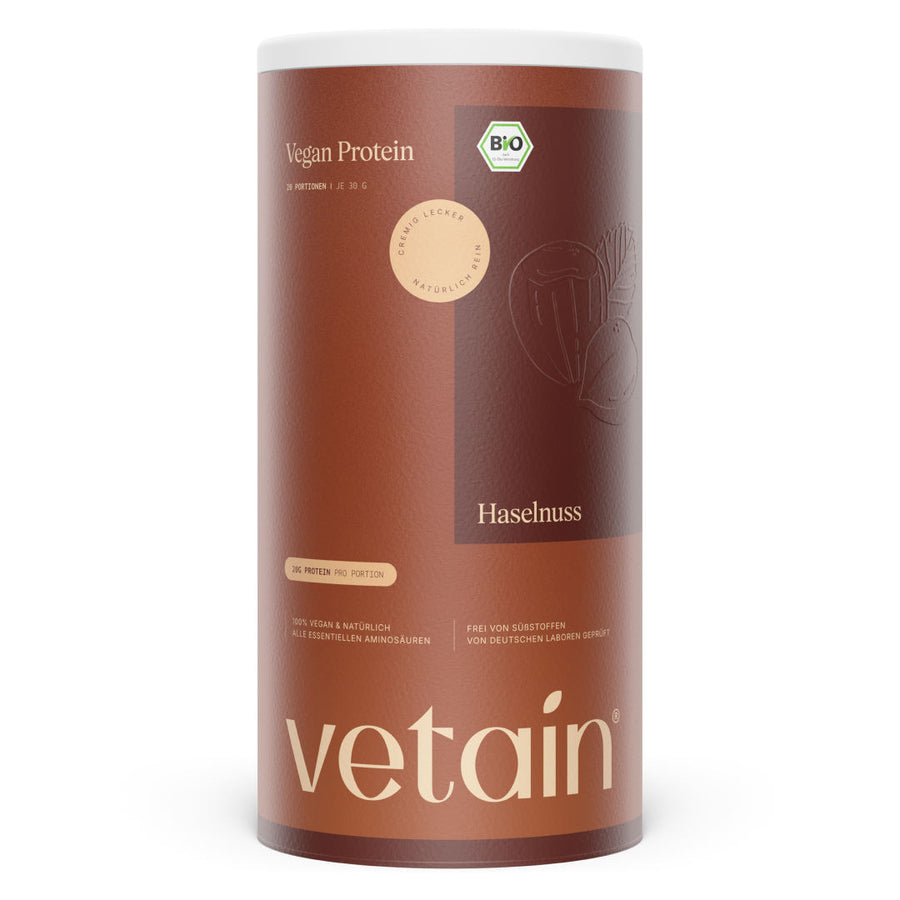Protein is an essential macronutrient found in every cell of our body. It contributes to the increase and maintenance of muscle mass and to the maintenance of normal bones.
In the world of nutrition and fitness, there is frequent debate over whether animal or plant-based protein is superior. In this article, we’ll compare both protein sources and examine their respective pros and cons.
Animal protein
Animal protein is found in meat, fish, eggs, and dairy products. It is often referred to as “complete” protein because it contains all nine essential amino acids that the human body cannot produce on its own.
Advantages
- Complete amino acid profile: Animal proteins contain all essential amino acids in sufficient amounts.
- High bioavailability: Animal proteins are easily absorbed and utilized by the body.
- Role in muscle building: Due to their complete amino acid profile and high bioavailability, animal proteins are considered particularly effective for muscle growth.
Disadvantages
- Health: Several health organizations, including the WHO, point out that high consumption of red and processed meat can be associated with negative health effects. It’s recommended to consume in moderation and ensure a varied diet.
- Environmental impact: Animal protein sources generally have a higher environmental footprint, including greater greenhouse gas emissions and higher land and water use.
Plant-based protein
Plant-based protein comes from sources like legumes, nuts, seeds, whole grains, and vegetables. Many plant proteins are not “complete,” as they may lack some essential amino acids or contain them in lower amounts.
Advantages
- Health benefits: A diet rich in plant-based foods is recommended by nutrition societies like the DGE, as it contributes to balanced nutrient intake and is often linked with overall healthier eating habits.
- Lower environmental impact: Plant-based protein sources generally have a smaller environmental footprint compared to animal proteins.
- Diversity: A wide variety of plant protein sources allows for a versatile diet.
Disadvantages
- Often incomplete amino acid profile: Some plant proteins don’t contain all essential amino acids, which can be balanced through a varied diet.
- Lower bioavailability: Plant proteins are sometimes absorbed and utilized less efficiently than animal proteins.
%-split_content-%
Conclusion
Both animal and plant proteins have their own advantages and disadvantages. The choice between them depends on various factors, including personal health goals, ethical beliefs, and environmental considerations. A balanced diet that includes a variety of protein sources is the best option for many. Ultimately, it’s important to choose a diet that is sustainable, satisfying, and fits your lifestyle.
If you’re still looking for a high-quality vegan protein powder with a great amino acid profile, we’ve got you covered.
%-product_content-%
Or: want to dive deeper into the topic? In our article “Is plant-based protein better?” we take a closer look!















 6 Min
6 Min
 Zuletzt aktualisiert am 30.10.2025
Zuletzt aktualisiert am 30.10.2025




